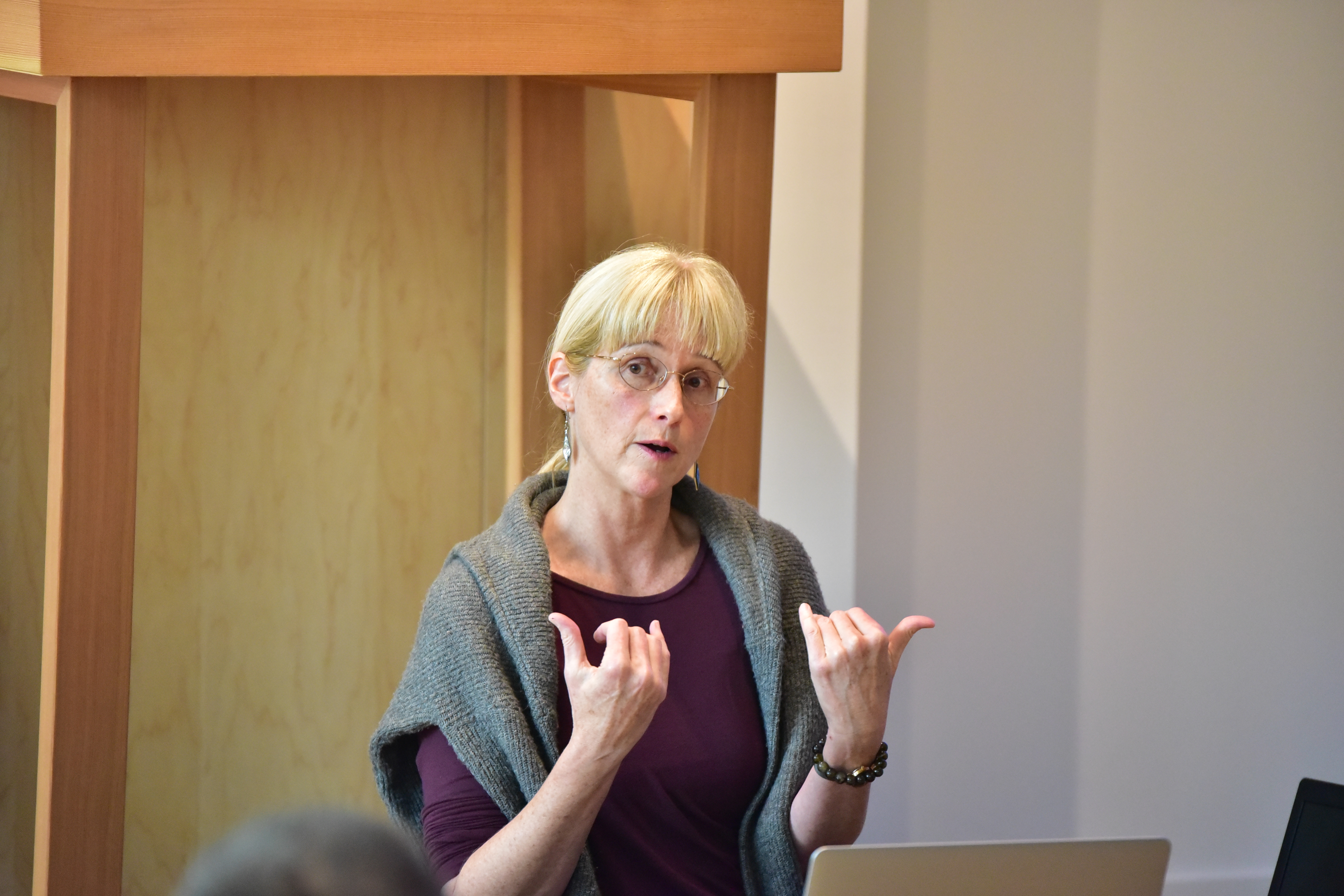What is Buddhist Practice, anyway?

Dr Wendi Adamek’s lecture on Sept 22 at the Vancouver Chan Meditation Centre addressed this seemingly simple question thoughtfully and comprehensively. As Buddhism has moved from culture to culture, and as it has developed over the ages, unique ritual forms and beliefs have developed. Today, as Buddhism moves into the West this process continues. As a new Western Buddhism forms, as the influences of Modernism, science and the scientific method, as well as technological change, influence its development, what must be preserved to still be truly Buddhism?
The lecture began with a very brief overview of “traditional” Buddhist ideas and practice, focusing on Mahayana Buddhism. This brief comparison of traditional rituals as well a quick overview of the development of common Buddhist concepts such as dependant origination and emptiness served to illustrate the malleable and developmental nature of Buddhism. The history of Buddhism is uniquely marked by adaptability.

We next looked at Western culture and Modernity. This part of the lecture drew from material in David L. McMahan’s book, The Making of Modern Buddhism. We began by adopting “the way we live now” as a starting point to explore the idea of “Modernity”. Modernity was broken down, for the purposes of this discussion, into three broad categories; Western Monotheism/ Atheism, Rationalism and Individualism. The positive and negative effects of these philosophical and existential movements in modern life were discussed.

Coming from the standpoint of “Modernity”, we considered the continued relevance of classic Buddhist concepts such as Karma, the six realms of existence, and merit, to name a few. This lead to small group discussions focusing on the following three questions:
1 What are the non-negotiable elements of modernity to which Buddhism must conform? What aspects of modernity would we not want to give up, even if counter to Buddhist values? (self-expression vs non-attachment, for example)
2 What are some of the problematic aspects of modernity that Buddhism might challenge and attempt to transform?
3 What in your view are non-negotiable aspects of Buddhist practice, if it is to remain “Buddhist”?
The lecture ended with the small groups sharing the results of their discussions.

The history of Buddhism and the integration of Buddhism into modern Western society are topics far too broad and complex to fully addressed in a couple of hours. Having said that the discussion of these topics is relevant. The audience was mixed, some long time Eastern practitioners, and some Westerners newer to Buddhism. I feel the discussion and Dr Adamek’s lecture helped us bridge gaps between these groups and helped us all understand and appreciate what it truly is to be Buddhist. Thank you Dr Adamek. Please come again soon.